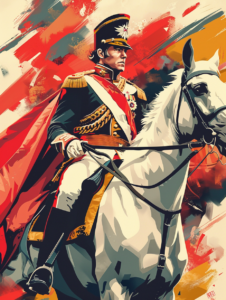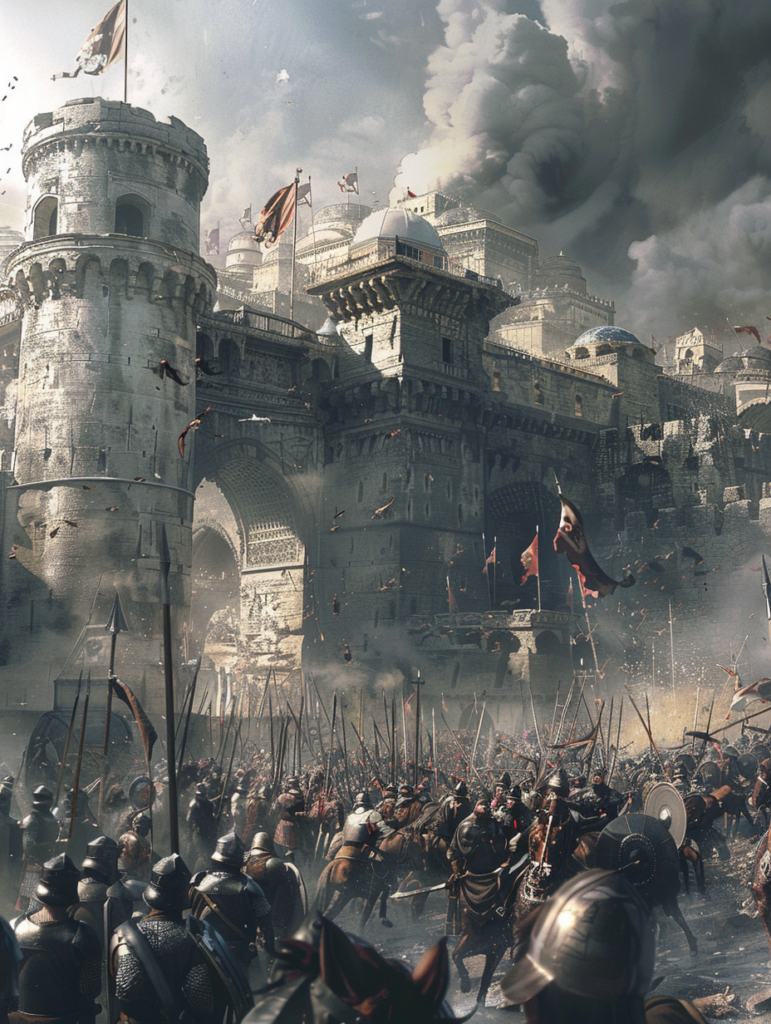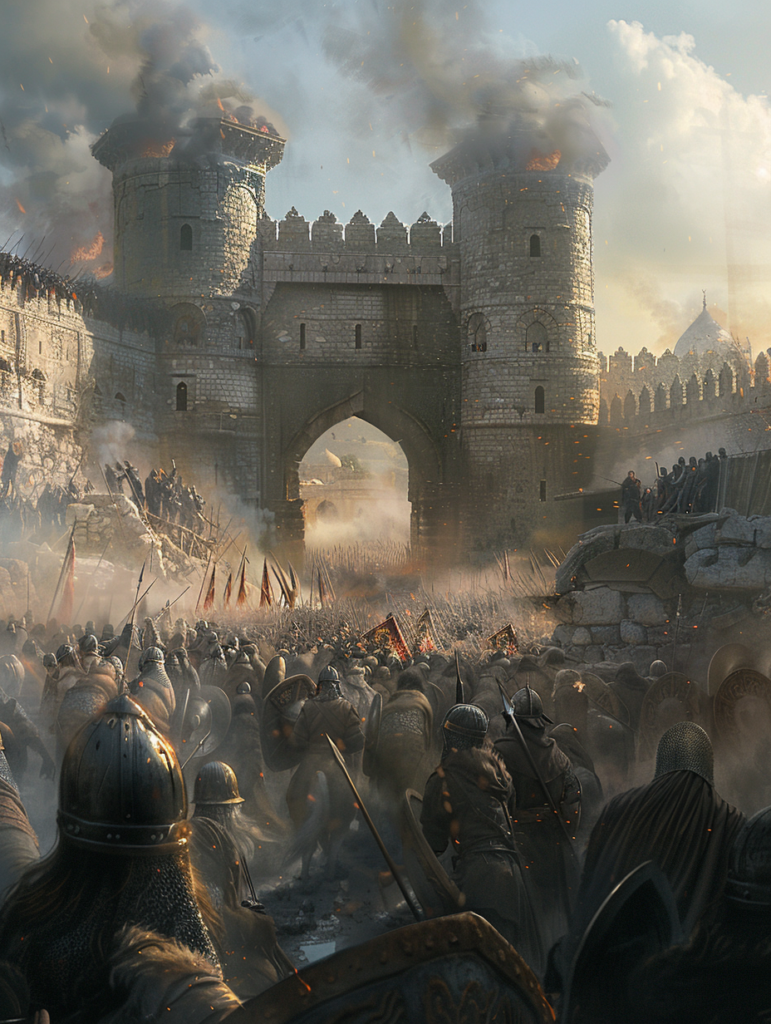The Storming of the Bastille: The Spark That Ignited the French Revolution
In 1789, a mob of Parisians stormed the Bastille fortress, a notorious state prison that had come to symbolize the tyranny of the Bourbon monarchy. This singular act of defiance marked the beginning of the French Revolution.

The years leading up to 1789 saw mounting unrest in French society. The lavish expenditures of King Louis XVI and his wife, Marie Antoinette, coupled with poor harvests and famine, strained the nation’s finances and fueled widespread discontent among the lower classes.
The burgeoning ideals of Enlightenment thinkers like Voltaire and Rousseau also emboldened calls for greater liberty, equality, and a shift from absolute monarchy to a more representative form of government.

On that fateful day in July, the Parisian crowd’s initial goal was to seize ammunition and gunpowder stored within the Bastille’s walls. However, the fortress’s governor refused to comply with their demands, prompting the mob to launch an assault. After a bloody battle, the Bastille fell, and its governor was killed. This dramatic event became a powerful symbol of the people’s defiance against the oppressive regime and marked the start of the French Revolution’s radical phase.
In the tumultuous years that followed, the monarchy was abolished, King Louis XVI was executed, and France underwent a series of sweeping political and social transformations that would reverberate across Europe and the world.
“I lay still,” he said, “scared out of my wits, with the fore quarter of a horse atop of me. We’d been wiped out. And the smell–good God! Like burnt meat! I was hurt across the back by the fall of the horse, and there I had to lie until I felt better. Just like parade it had been a minute before–then stumble, bang, swish!”
Heading H1
Heading H2
Heading H3
Heading H4
Heading H5
Heading H6
He had hid under the dead horse for a long time, peeping out furtively across the common. The Cardigan men had tried a rush, in skirmishing order, at the pit, simply to be swept out of existence. Then the monster had risen to its feet and had begun to walk leisurely to and fro across the common among the few fugitives, with its headlike hood turning about exactly like the head of a cowled human being. A kind of arm carried a complicated metallic case, about which green flashes scintillated, and out of the funnel of this there smoked the Heat-Ray.




The second monster followed the first, and at that the artilleryman began to crawl very cautiously across the hot heather ash towards Horsell. He managed to get alive into the ditch by the side of the road, and so escaped to Woking. There his story became ejaculatory.
The place was impassable. It seems there were a few people alive there, frantic for the most part and many burned and scalded. He was turned aside by the fire, and hid among some almost scorching heaps of broken wall as one of the Martian giants returned.
Martians rattle
- He heard the Martians rattle for a time and then become still.
- The giant saved Woking station and its cluster of houses until the last; then in a moment the Heat-Ray was brought to bear, and the town became a heap of fiery ruins.
- Then the Thing shut off the Heat-Ray, and turning its back upon the artilleryman, began to waddle away towards the smouldering pine woods that sheltered the second cylinder.
- As it did so a second glittering Titan built itself up out of the pit.
Since then he had been skulking along towards Maybury, in the hope of getting out of danger Londonward. People were hiding in trenches and cellars, and many of the survivors had made off towards Woking village and Send. He had been consumed with thirst until he found one of the water mains near the railway arch smashed, and the water bubbling out like a spring upon the road.
That was the story I got from him, bit by bit. He grew calmer telling me and trying to make me see the things he had seen. He had eaten no food since midday, he told me early in his narrative, and I found some mutton and bread in the pantry and brought it into the room. We lit no lamp for fear of attracting the Martians, and ever and again our hands would touch upon bread or meat. As he talked, things about us came darkly out of the darkness, and the trampled bushes and broken rose trees outside the window grew distinct. It would seem that a number of men or animals had rushed across the lawn. I began to see his face, blackened and haggard, as no doubt mine was also.
A tumultuous period that would reshape France and ultimately influence democratic movements worldwide.
When we had finished eating we went softly upstairs to my study, and I looked again out of the open window. In one night the valley had become a valley of ashes. The fires had dwindled now. Where flames had been there were now streamers of smoke; but the countless ruins of shattered and gutted houses and blasted and blackened trees that the night had hidden stood out now gaunt and terrible in the pitiless light of dawn. Yet here and there some object had had the luck to escape–a white railway signal here, the end of a greenhouse there, white and fresh amid the wreckage. Never before in the history of warfare had destruction been so indiscriminate and so universal. And shining with the growing light of the east, three of the metallic giants stood about the pit, their cowls rotating as though they were surveying the desolation they had made.





